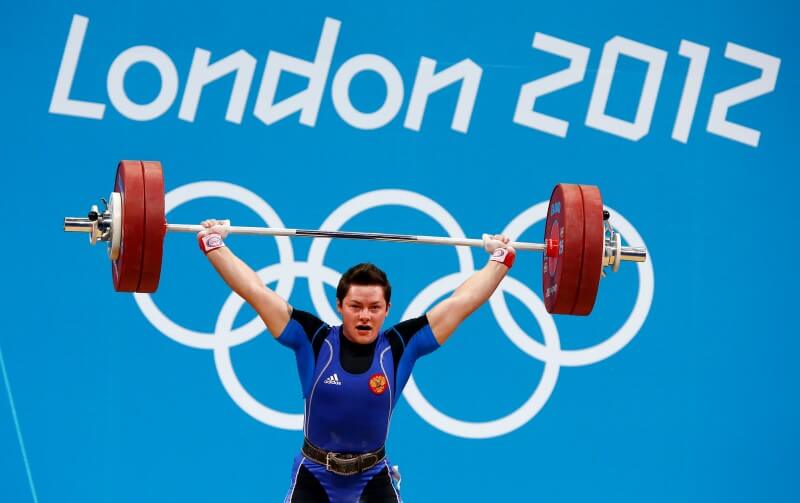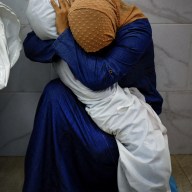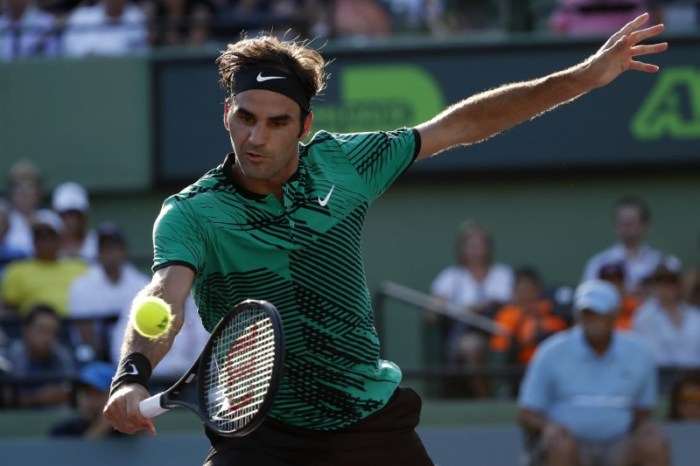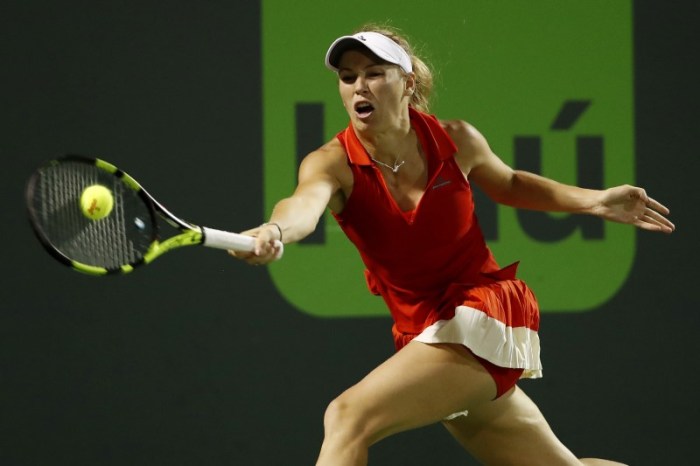By Brian Oliver
LONDON (Reuters) – Russia could gain three weightlifting gold medals stripped from other nations’ competitors because of doping positives reaching back as far as two Olympics, but could also lose quota places at the Rio Games because of its own team’s transgressions. The governing International Weightlifting Federation meets in Tibilisi this week to tackle challenges arising from the use of new technology in reviewing urine and blood samples taken at past tournaments. The disputes mirror a doping scandal shaking world athletics that has led to a Rio ban for Russian athletes. Monday was the deadline for the IWF to tell nations how many places they would have at the Rio Games in August.
“We have contacted all federations and given them their Olympic quotas, but they are subject to legal procedures and other decisions,” said Attila Adamfi, director general of the IWF.
Nations with four or more lifters testing positive within the two-year Olympic qualification period can have one or more team places taken away from them. Bulgaria has already been banned from Rio for having11 lifters test positive for anabolic steroids last year,and Romania and Uzbekistan have lost one place each. The most popular weightlifter in the world, Ilya Ilyin from Kazakhstan, stands to lose both his Olympic gold medals from 2008 and 2012, and the chance to win a third, which he was expected to do this summer. Ilyin tested positive for the anabolic steroid stanozololwhen samples from London 2012 were retested. On Monday it was announced that he also tested positive for stanozolol in2008, again on reanalysis carried out by the International Olympic Committee. Ilyin, a multiple world record holderwho has nearly 400,000 fans onsocial media, had attributed his manysuccesses partly to his diet, first of horse meat then, after 2012, to his newly adopted vegetarianism. Others namedon Mondayas 2008 positives included three already banned for other doping infringements. Nurcan Taylan, the 2004 Olympic champion at 48 kg, tested positive in 2011 and was banned for four years.Russia’s Marina Shainova, a silver medalist at 58 kg in Beijing, was suspended for two years in 2013, and Intigam Zairov of Azerbaijan is banned until 2023 after twice testing positive, in 2013 and 2015. Three other Kazakhs, all women, were provisionally suspended last week after testing positive in 2012.
Kazakhstan was also among the list of offenders at the 2015 World Championships, where nearlyhalfof competitors were tested and 24 returned positives. The most high-profile offender was Russia’s Aleksey Lovchev, who had broken two world records in winning the men’s super-heavyweight title (+105kg). He has been suspended for four years. One of the complicating factors is whether to regard positives announced in the past week, but dating back four or eight years, as 2016 failures. If that happened, Russia,Kazakhstan,Azerbaijan and Belarus would have most to lose. The good news for Russia is that three of their lifters who took silver in London are expected now to be awarded the gold stripped from rivals: Aleksandr Ivanov (men 94kg), Svetlana Tsarukayeva (women 63kg) and Natalya Zabolotnaya (women 75kg). The man who stands to take Ilyin’s 2008 title is Poland’s Szymon Kolecki, who was himself banned from the 2004 Games for a doping infringement.
Weightlifting: Russia gains and loses in Olympic doping chaos

By Brian Oliver


















